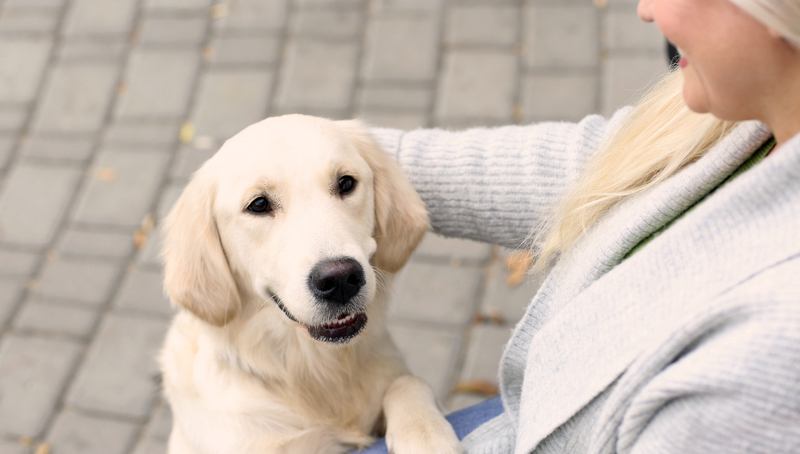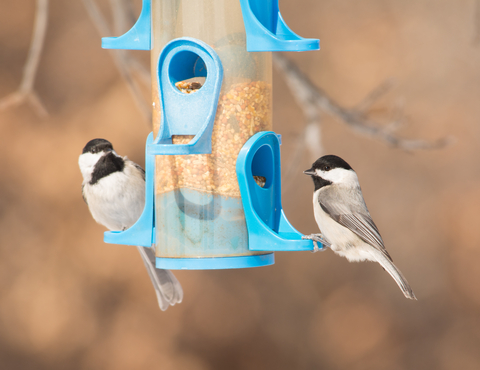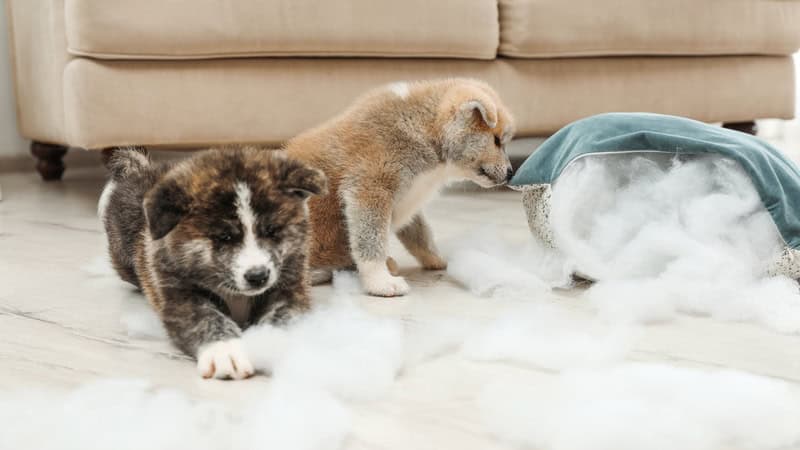How to Help Your Pet Cope with Your Vacation
Plus amazing bird communication

Cathy M. Rosenthal of My Pet World advises a reader on helping a pet cope with vacation and shares insights into wild bird communication.
Dear Cathy,
My 3-year-old golden retriever is extremely attached to me. I’m retired and with her almost 24/7. She’s like my shadow. Wherever I go, there she is. She has never been without me more than two days since I got her as a pup. I have planned a 10-day vacation sometime back. Now the date is fast approaching. I have a very capable person staying in my home taking care of her. However, I’m concerned how she will be with me gone for such a long period.
– Jeff, Holtsville, New York
Dear Jeff,
Vacations can be difficult for a pet, especially one that has become so dependent on you. Ask your pet sitter to come by for a few visits to spend time with your dog while you run errands. This will help assure your dog that the pet sitter’s presence doesn’t mean you won’t return.
Next, ask your pet sitter to keep to your dog’s routine as much as possible, from the time of day and length of time she goes for walks, eats, or gets groomed to when she hears the TV turn on and off for the day. The more your pet sitter keeps to her routine, the easier it will be for her to adjust to your absence. If your pet sitter can give her an extra walk, grooming session, or play session or an extra chewie each day, those activities can help keep her mind on other things.
Finally, leave behind an unlaundered shirt you have worn. Tell the pet sitter to only give it to her if she seems very down in the dumps. It might offer her some comfort to be near your scent.
Regardless of whether you are gone one day or 10 days, she will be overexcited when you return. Don’t go overboard in expressing your joy as that can contribute to more future separation anxiety. No saying, “I’ve missed you,” in an excited, high-pitched voice. Instead, put your things down, find a place to sit, and talk to her in a calm, normal voice and tell her how happy you are to be home again.
Boomer columns from birding expert Jerry Uhlman
 Dear Cathy,
Dear Cathy,
I’ve had a bird feeder in our yard for years. It is filled twice a week, so there are days in between when it’s empty. The birds return to the feed within a few hours, sometimes even minutes, after I refill the thing. Amazing. How do they know? It’s as if one bird is always on watch and emails the others. It’s a perpetual puzzlement for my wife and I.
– Alan, via the internet
Dear Alan,
While birds definitely communicate with their own species, there also are birds of “different feather” who like to flock together, like chickadees, cardinals, and titmice. In these mixed-flock species, it’s often the chickadee who are the town criers, letting other birds in the woods know when there is a predator or food source nearby. They are capable of more than a dozen unique calls and can remember the locations of their food sources for many months. Listen to the birds right after you fill the feeder and see if you can hear the distinct calls that are letting all the other birds in the neighborhood know that dinner is ready.
Cathy M. Rosenthal is a longtime animal advocate, author, columnist, and pet expert who has more than 25 years in the animal welfare field. Send your pet questions, stories, and tips to cathy@petpundit.com. Please include your name, city, and state. You can follow her @cathymrosenthal.
© Tribune Content Agency, LLC


